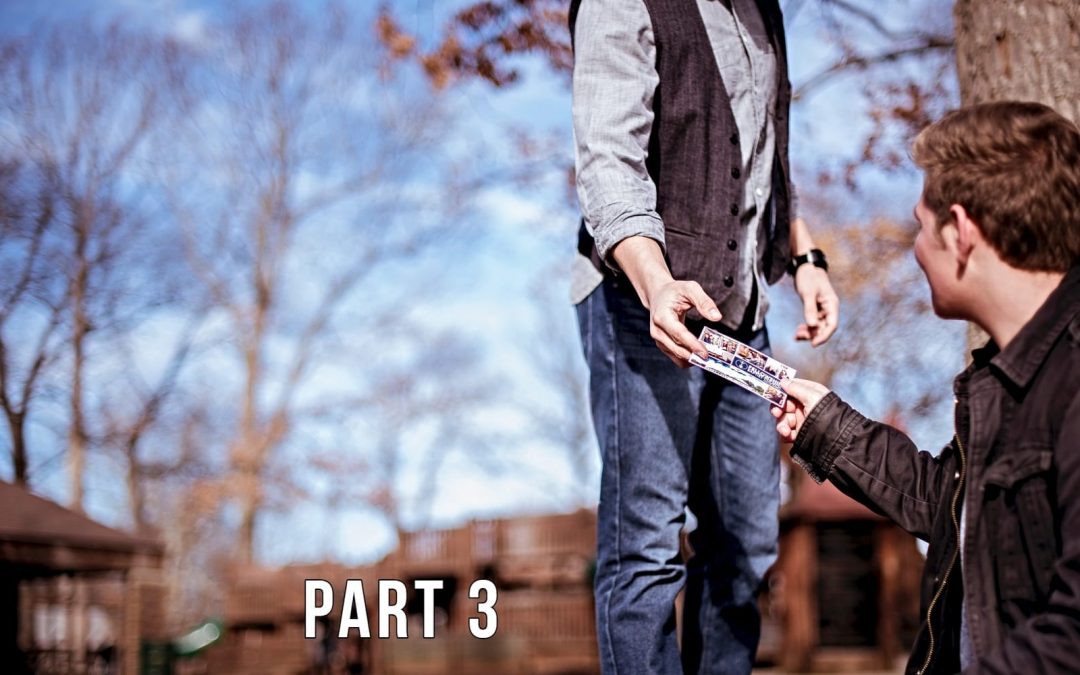The cave illustration I shared previously reveals some important theological truths that Christians will recognize and appreciate.
But it also makes a very significant point – namely, that there are multiple, meaningful paths other people have followed, for centuries in fact.
While we Baptists should boldly witness about the light and the rescue we have experienced on our path, we must approach followers of other paths with humility, curiosity, kindness and respect.
Cultivating these virtues, as well as recognizing three important factors related to interfaith relations, will help us connect more positively to people who are not Christians.
- Witness does not have to be verbal.
Actually, specialists since the 1960s have studied effective communication and determined that a large percentage of it is actually nonverbal.
Demonstrating humility, curiosity, kindness and respect toward persons who walk other spiritual paths is actually a nonverbal way of expressing a witness to the love of Christ in us.
It is scattering the seeds of our life story where they may possibly take root in the good soil of someone else’s narrative.
- The experiences others have had can enrich our own religious understanding.
It is not dangerous for us to hear testimony about spiritual insights others have gained on their paths. To be open to learn about another’s way does not mean we are forsaking our own journey.
Actually, there may be significant truths about the Sacred, which are shared by followers of other spiritual traditions that will make us stronger Christians – more committed to silence and meditation, to peacemaking and mindfulness, to regular prayer and submission of our wills, to courage in the face of persecution and to an awareness of the many-faceted character of God.
- Interfaith friendships can be most fulfilling when we work cooperatively to make the world a better place.
We are all part of the same human family. We are in the cave together, and each of us dreams of rescue, longs to discover a way out of our individual darkness – whether that be manifested in loneliness, addiction, poverty, illness, abuse, loss or any other frightening reality.
Reaching across religious boundaries to claim our common humanity and face together the unknown can make each of us stronger.
Walking alongside another who shares our aspirations for a better life can double our resolve and embolden us as we face life’s upward trek.
It might be said that we all live in that cavernous space, side by side, where more and more we come in contact with people who are following paths in life that are nothing like our own.
That presents us, as Baptist inhabitants of this shared space, with three options.
We can ignore others who are different, hoping they will stay in their separate communities, although they are increasingly around and among us.
Or we can try to change them to become like us, so that we can live together in a homogenous existence where our sameness is comforting, not threatening.
But the best choice seems to be living as Christ-followers with them, witnessing to the light we have seen – yet eagerly committed as well to learning of the paths they have walked – and cooperating with them on worthy projects that create a better world.
And if we choose this last option, one day we will certainly hear the Master say, “Well done, good and faithful servants.”
Editor’s note: This is the final article in a three-part series. Part one is available here and part two here.


